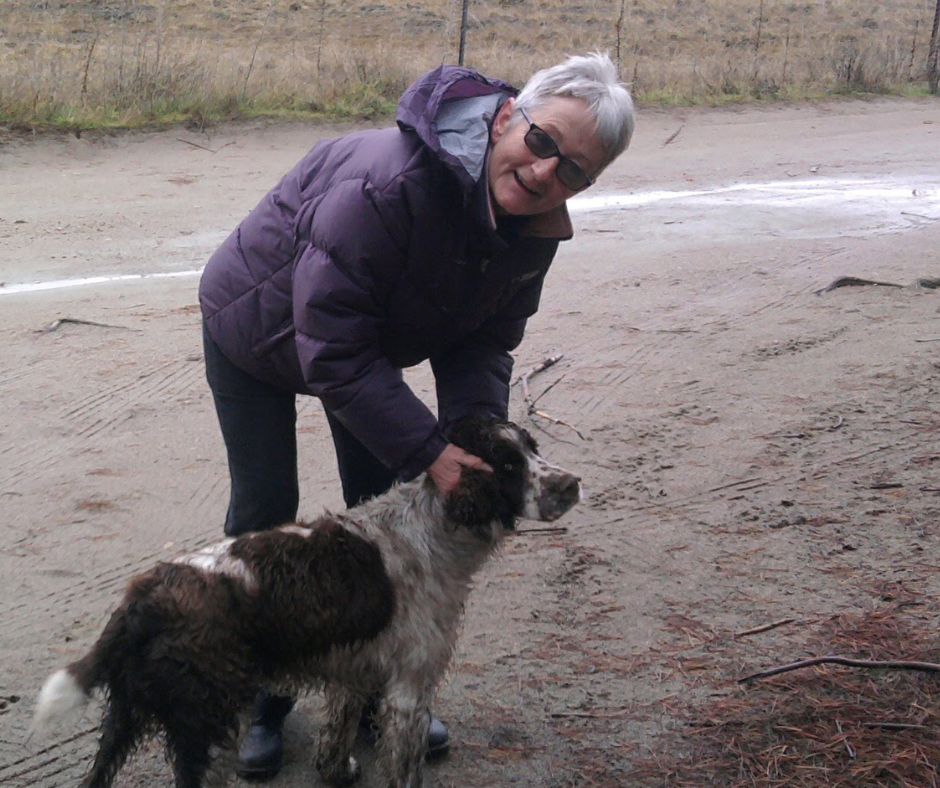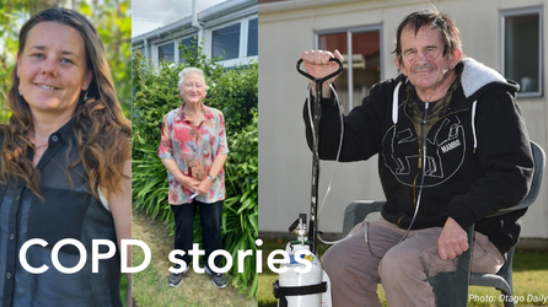Sue Woodard is one of very few New Zealanders living with non-tuberculous mycobacterium lung infection (NTM), a disease she describes as the “non-contagious cousin” of tuberculosis.
“The thing that I’ve found most difficult about the whole experience of having NTM is the isolation. When you have a rare condition, it can be a very lonely place because you don’t know anyone else with your experience,” she explains. Sue is hoping to find other Kiwis living with NTM to set up a patient group where people can share experiences, support each other and advocate for greater information.
NTM are a group of bacteria commonly found in soil and water. NTM lung disease most commonly affects people with an underlying lung disease or a weakened immune system, but individuals with no prior history of lung disease can also be affected. In Sue’s case, she had no pre-existing condition and had been a healthy, active person but developed a lingering cough after an overseas trip. It took four years for her to receive a diagnosis of NTM lung infection.
The symptoms of NTM are similar to other lung conditions and include a chronic cough, often one that produces mucus. As the disease progresses people may sometimes cough up blood, experience deep fatigue, low grade fever, night sweats and unexplained loss of appetite and weight. It is diagnosed by phlegm sample tests. Treatment, when necessary, involves long- term antibiotics. In Sue’s case she is on three antibiotics for a minimum period of 18 months. This treatment aims to kill the bacteria, but the damage to her lungs is permanent.
Once NTM is contracted, the chance of reinfection is higher than for people who have never had it, and so some people who have had NTM take measures to reduce exposure to the mycobacterium that cause the infection. Mycobacterium are not killed by water treatment or chlorination and live in the biofilm in plumbing pipes and in shower heads. Sue regularly boils her shower head and uses a Life Straw (a personal water purification system) for drinking water to reduce risks.
Sue maintains a pragmatic approach to her condition. “I’m a positive person and I want to focus on what I can do to improve my life.” Her advice to others diagnosed with NTM is to get referred to a pulmonary physiotherapist as soon as possible and learn airway clearance techniques. She also emphasises the importance of being your own advocate and learning as much as you can about the condition.
If you are interested in being part of the NTM patient group please email: NTMPeersNZ@gmail.com





